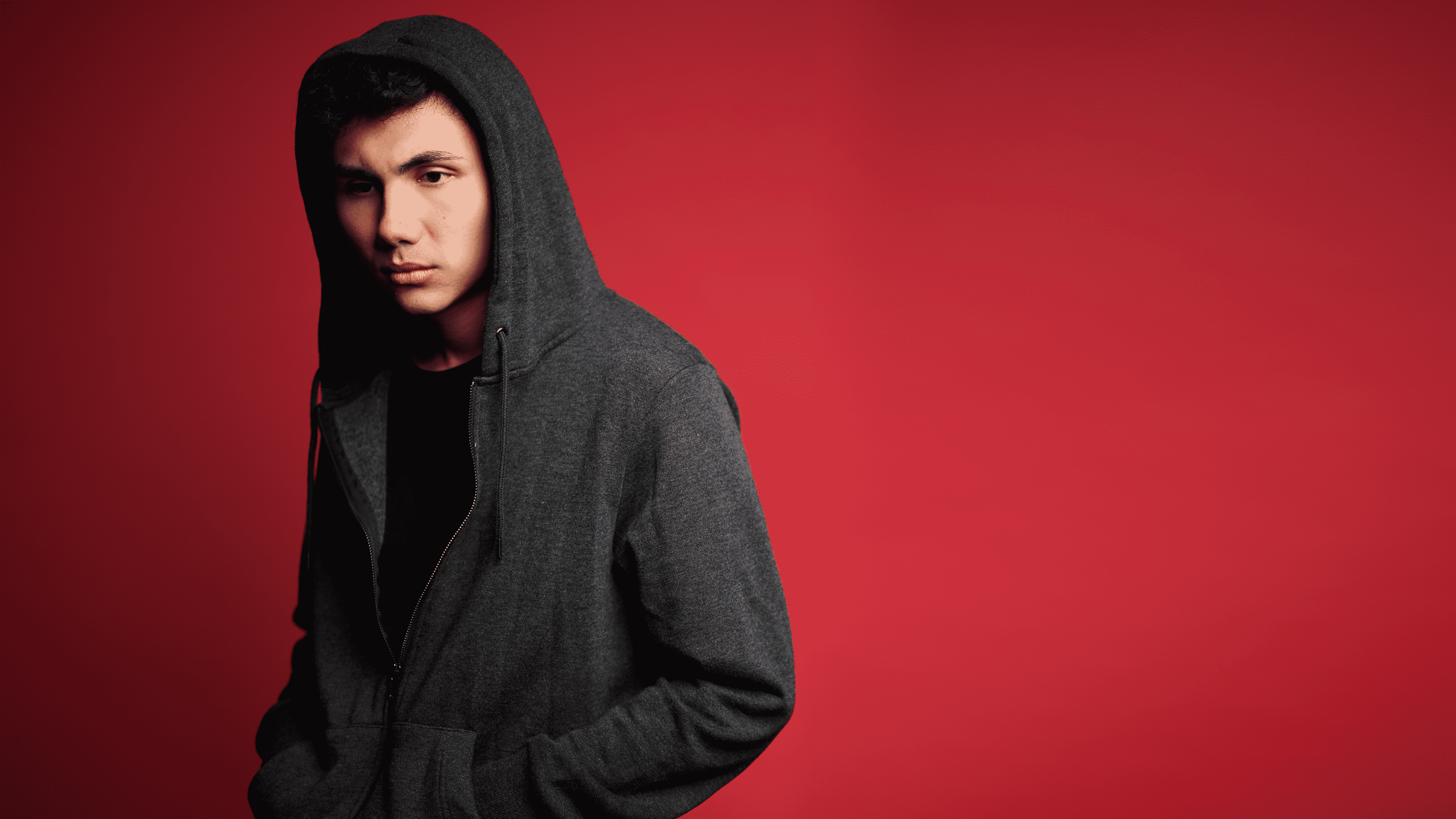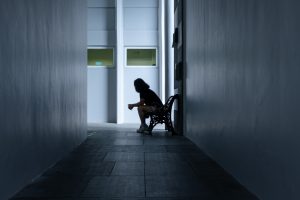It’s difficult to be a young man these days.
And The Son agrees. Zachary Pang stars in the titular role of Pangdemonium’s latest play, which explores how a modern family deals—or fails to deal—with their son’s depression.
Adolescent mental health is a pertinent issue, with suicide as the leading cause of death for those aged 10-29. But men also account for over two-thirds of all suicides—which puts young men at extremely high risk.
But what exactly is the intersection between young men and mental illness? And what are the messy societal mechanics that contribute to this? These are the questions I have as I sit down with Zachary to dissect the various compounding factors that afflict the mental health of his character, Nicolas.
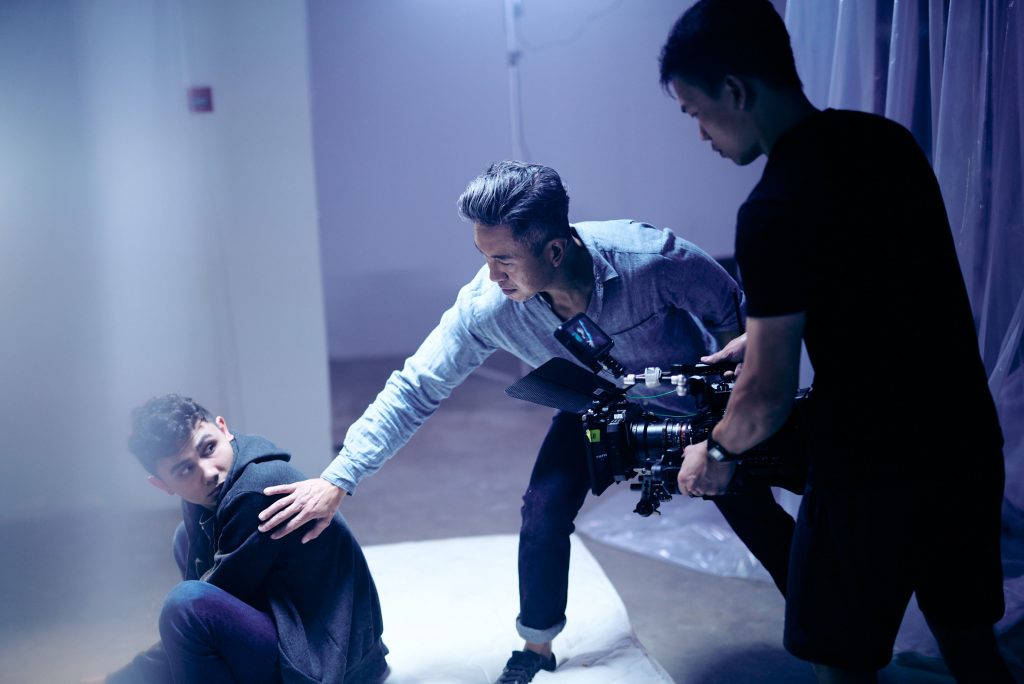
“If both parents aren’t communicating, it’s difficult for a kid to communicate because you don’t want to seem like you’re taking sides,” Zack explains. Being an only child, it feels like Nicolas has no one to turn to as he retreats deeper into himself.
But more specifically, there’s also the relationship between Nicolas and his father, Pierre—who’s played by Zack’s real-life dad, Adrian Pang.
Father-son relationships are more impactful than most because of how young boys often look for male role models to emulate. But what fathers teach their sons has roots in their own past, as parents too are constantly grappling with the legacy of how their own parents raised them, and how much of that they pass on to their children.
Similarly, Pierre has a conflicted relationship with his father. He wants to be a different father to Nicolas, but finds himself unknowingly falling into the same traps.
Young Asian men like myself are intimately familiar with the stoic, detached parenting style regularly seen in conservative fathers—ie. just man up and deal with your problems! Conceal, don’t feel, don’t let them know. As a man you have to be strong, dependable, and appear like you always have your shit together.
But when boys are socialised into repressing their emotions and insecurities, there comes a time when it boils over and becomes too much to handle.
With such attitudes being drilled into Pierre since young, it becomes a monolith whose shadow is cast onto Nicolas. And that’s how intergenerational cycles of trauma perpetuate themselves, with this Larkin poem coming to mind:
They fuck you up, your mum and dad.
They may not mean to, but they do.
They fill you with the faults they had
And add some extra, just for you.
Alongside Nicolas’ issues of abandonment and resentment towards his parents (due to the divorce), his repressed feelings and inability to communicate them snowball into each other, colouring the way his depression expresses itself. Instead of an “I’m tired all the time” depression, Nicolas lashes out in anger and frustration.
This anger is mirrored in Pierre, who feels like he’s failed as a father, and also resorts to anger. Both of them feel weak and inadequate, and like many men, express this through flashes of rage.
Nicolas is a worst case scenario. Zack tells me how depression is not an emotion; that it takes away your entire body and makes it difficult to pinpoint what’s what. When you’re growing up with many conflicting emotions coming from different places, it’s hard to justify them because you don’t know where these feelings are coming from. Depression makes it that much harder to understand himself, or reach out to others for guidance.
And Zack would know, having struggled with depression himself as a teenager—which lends his performance that much more emotional weight and credence. He also shares how he was blessed with a family educated enough on the topic, who could fortunately manage the depression in a healthy manner through professional help.
Nicolas, the character he plays, is not so lucky.
And many young men—even without depression—will see themselves in Nicolas, young men who also feel lonely, scared, and angry. I don’t need a career in gender studies to feel that something larger is at play here.
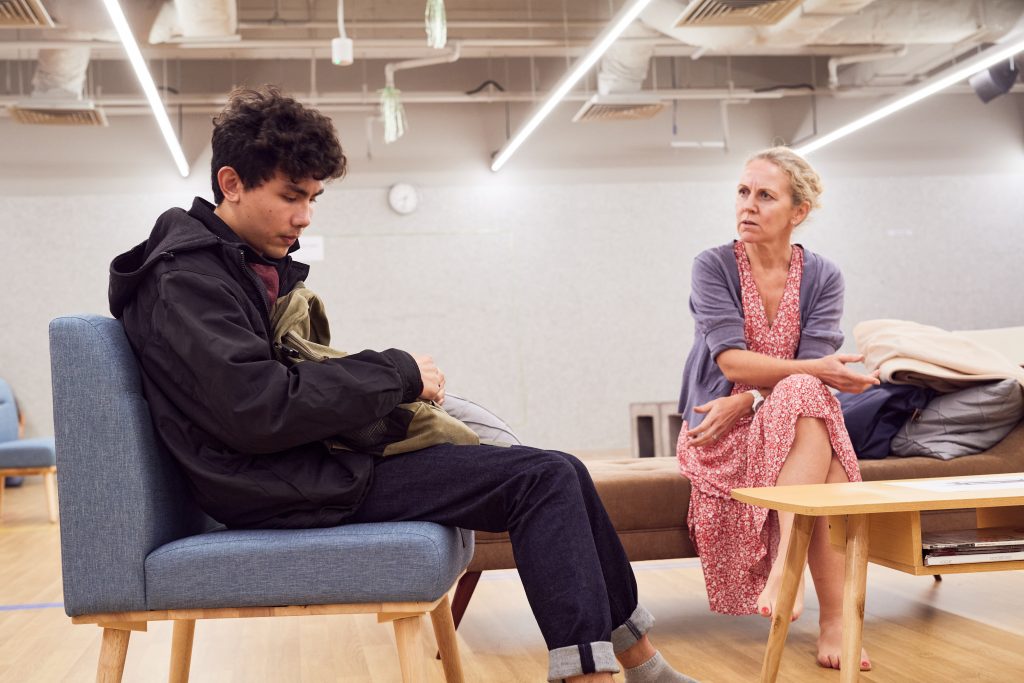
Men’s greatest weakness is their facade of strength, and women’s greatest strength is their facade of weakness.
–The Myth of Male Power, by Warren Farrell
The masculine compulsion to be stoic and strong doesn’t just mess up an already infuriating inner consciousness, it bleeds into our relationships and societal expectations.
For one, male relationships—whether as friends, acquaintances, or colleagues—are more often characterised by dominance instead of vulnerability. If, like me, you’re a sensitive ‘unmanly man’ who wishes he could connect more with others, you might not know how, or be afforded the trust to do so.
Because there’s also the perception that since men are strong, this can also make them seem dangerous—which further isolates them. Women know what it’s like to panic when they’re walking alone at night and encounter a man, and having to pick up their pace or cross to the other side of the road.
This is compounded by other intersections like race and sexuality. How often have effeminate or queer men felt uncomfortable or threatened in male dominated spaces? What about the countless Chinese women acting out in an irrational, racist fear of darker skinned men?
And since men have to be strong, they can’t be weak or victims—culminating in the strange notion that ‘men can’t be sexual assault victims’.
So while feminism most visibly fights for women’s rights and gender equality, the work that goes into interrogating and undoing certain gender norms is much less talked about. And the gender role of femininity—as passive and subservient—is not the only harmful and oppressive one; masculinity is a prison as well.
Yes, most of the powerful people in the world are men, and men on the whole have more social, political, and financial power than women. But for the majority of men—especially the disenfranchised—the pressure to conform to an unrealistic ideal can only be damaging to them.
Toxic masculinity isn’t a mental illness. But these unhealthy elements stack the deck against those already susceptible to depression. Being unable to communicate your feelings, being perceived as strong and dangerous when you feel weak, knowing only how to use anger to release your emotions—any of these can be a trigger, making you spiral deeper and deeper.
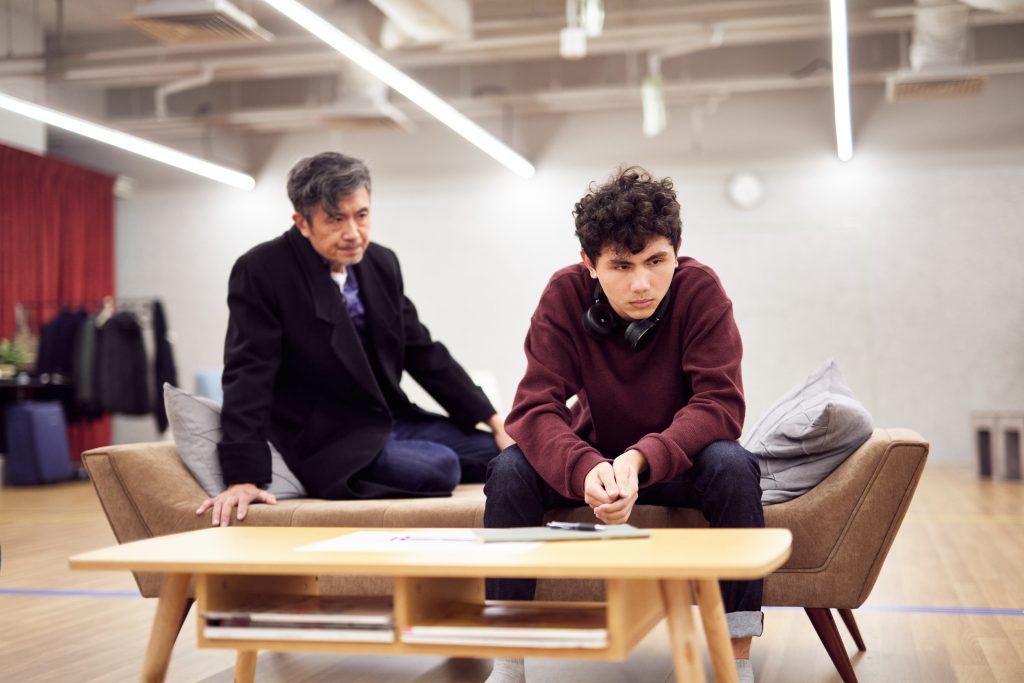
Plus, we’re looking towards the media and denouncing aspirational representations of manhood as unhealthy, and bad. Gone are the days of James Bond, Harrison Ford, and the adorkable misogyny of The Big Bang Theory.
This shift is a good thing. But while in transition, a whole generation of men are confused because you’re taking away one vision of manhood without offering anything else.
Philosopher-diva Natalie Wynn states just as much in her aptly titled video essay, “Men”. And she concludes that society needs a new, positive ideal of manhood, which is something that only men can envision for themselves.
So, as two young men sitting awkwardly in a room, can Zack and I start the project of conceptualising what kind of men we would like to become? Who are the new male role models that we should strive towards?
I offer up my answer: shounen anime protagonists. But unsurprisingly, Zack tells me that he’s always looked up to his father.
“He’s always been extremely strong and protective, being there for the family and those he cares about. He’s also been very emotionally available; I’ve been able to talk and express myself to him, and he can express himself to me.”
Zack also notes how a lot of toxic masculinity seems to be wrapped up in ego. Because many men don’t know how to handle their emotions, when their fragile egos are poked, they come out in ways that are damaging to people around them.
While it’s good to have pride in being yourself, it should be balanced with humility. If you don’t know something, you learn about it instead of rejecting it, and to always be unafraid to and ask for help—that’s what Zack has learned from his dad.
It’s also what helped his own depression. With open channels of communication always being on the table for him, Zack was able to reach out for help in a way that many emotionally stunted men might not have been able to. By affording space for Zack to be vulnerable, his parents became as dependable as ever, and stronger as a family.
So in the end, what’s the best way to be a man?
“It’s about making the effort,” Zack shrugs. “And just being a decent fucking person.”

Do you want the full essay on how shounen anime protagonists exemplify healthy masculinity? Go hound my editor at community@ricemedia.co.
